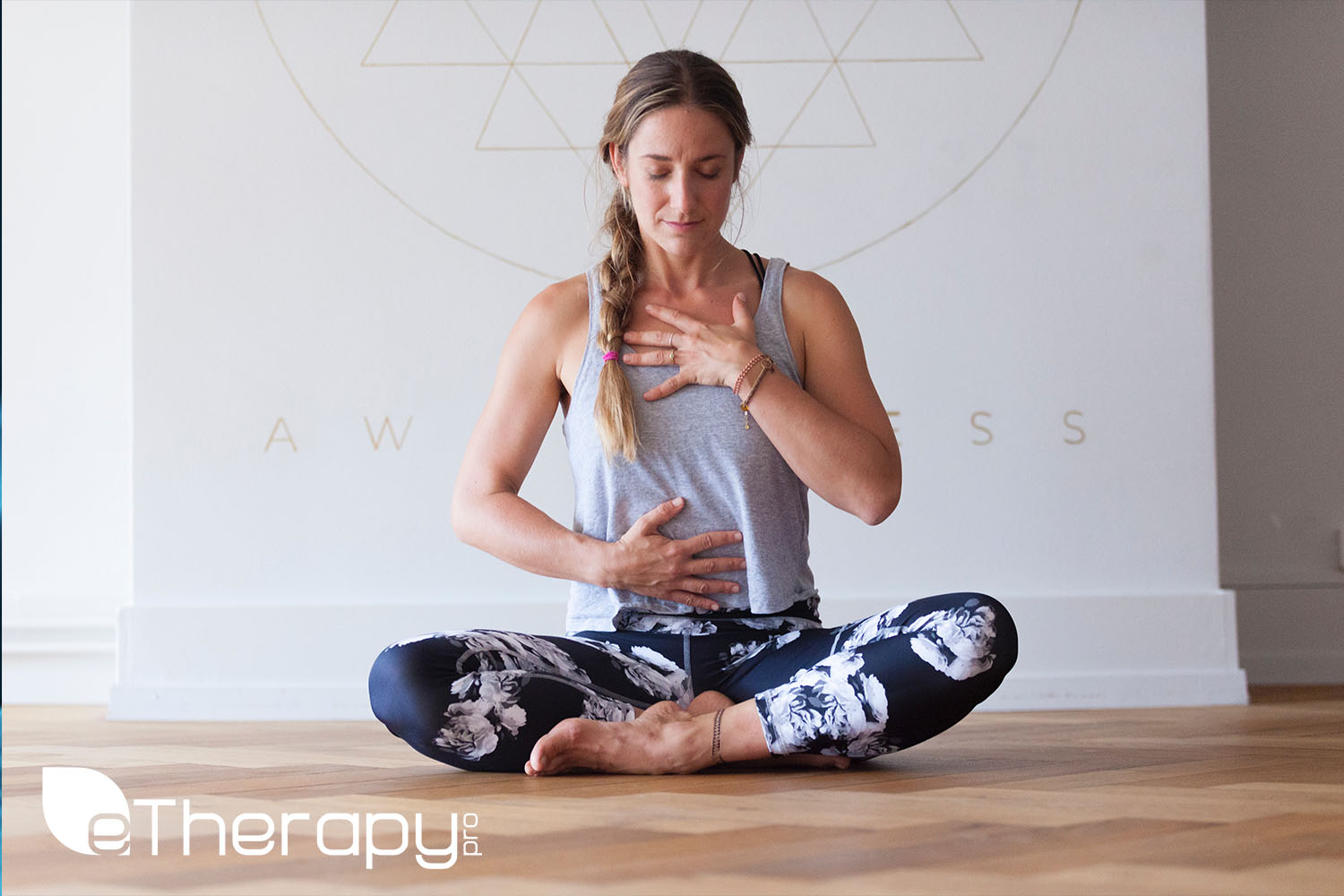Learning effective anxiety relaxation techniques is an important part of coping with stress and anxiety disorders. Relaxation techniques alone won’t cure anxiety. They can help reduce your anxiety during times of high stress, and the less anxiety you experience, the easier it is to cope with in your day to day life.
What It Takes
There are several techniques for fighting anxiety. Many people wonder whether these anxiety reduction techniques do work, or if they’re simply a placebo. The reality is that relaxation exercises do work, but they take a level of commitment that not everyone is ready for.
One of the reasons that more people don’t use relaxation exercises is because they haven’t seen results when they’ve tried them in the past. The truth is that everyone can benefit from these relaxation techniques. Fighting anxiety with relaxation exercises is different than taking medication; this takes preparation and repetition. Here is what you need to know going in:
- Make sure you commit to it. Most relaxation techniques take several weeks to master. It can be hard to simply pick up and expect results because in the beginning your mind is just focused on doing everything right. But later, when you’ve had enough experience, it becomes second nature, and the relaxation starts to take effect.
- Stay open minded with a positive attitude. All stress reduction techniques may look and feel a little silly at first, especially if you’ve never done them before, but in the end, you’ll find that they have the effect you’ve been looking for.
- Give yourself at least 20 minutes every day, and make sure that you’re as comfortable as possible – in a comfortable chair, with comfortable clothes, at a comfortable temperature.
Deep Breathing Exercises
Breathing exercises are the foundation of many other relaxation techniques and are very easy to learn. These exercises work to help you breathe slowly and deeply, which can allow you to feel more relaxed. Breathing exercises have been known to have a cleansing effect, making you feel energized and refreshed. Deep breathing also brings your focus and attention to the breathing process, therefore clearing your mind and helping you to control the rhythm of your breath. These exercises can assist with reducing muscle tension, along with improving other common symptoms of anxiety, such as decreasing rapid heart rate and managing shortness of breath.
Visualization
Visualization is a powerful way to let go of stress and anxiety. Through visualization, you use your imagination to picture yourself in a more calming and serene environment, such as at a beach or in a flower-covered meadow. Visualization works to relax your body and soothe your thoughts. By simply seeing yourself in a more rejuvenating setting, you can allow your mind and body to feel as though you are there.
Progressive Muscle Relaxation
Progressive muscle relaxation (PMR) is an effective anxiety reducing technique that involves decreasing the tension throughout your body while calming any anxious thoughts. PMR involves tightening and releasing various muscle groups to lessen bodily tension. By focusing your attention on letting go of stress throughout the body, you are also able to quiet and calm your mind. When practiced over time, PMR can help you recognize when your muscles are constricted and more easily release physical discomfort that is contributing to your anxiety.
Yoga and Meditation
Many people find yoga and meditation to be useful ways to reduce stress and anxiety. Yoga can help you to let go of tension throughout the body, improve concentration and relax. Meditation can be used alone or as part of a yoga practice and is also a great way to assist you in feeling more balanced, calm, and focused. These relaxation techniques can be practiced upon waking to relieve and reduce morning anxiety and start the day feeling refreshed. They can also be used at the end of the day to let go of any built-up stress and tension. Another way to think of meditation is prayer and quiet contemplation.
Relaxation techniques can give you a great amount of relief from anxiety and stress. Treatment will be the next step, but these suggestions are something you can begin right now, to reduce the impact that anxiety disorders are having upon your life.
